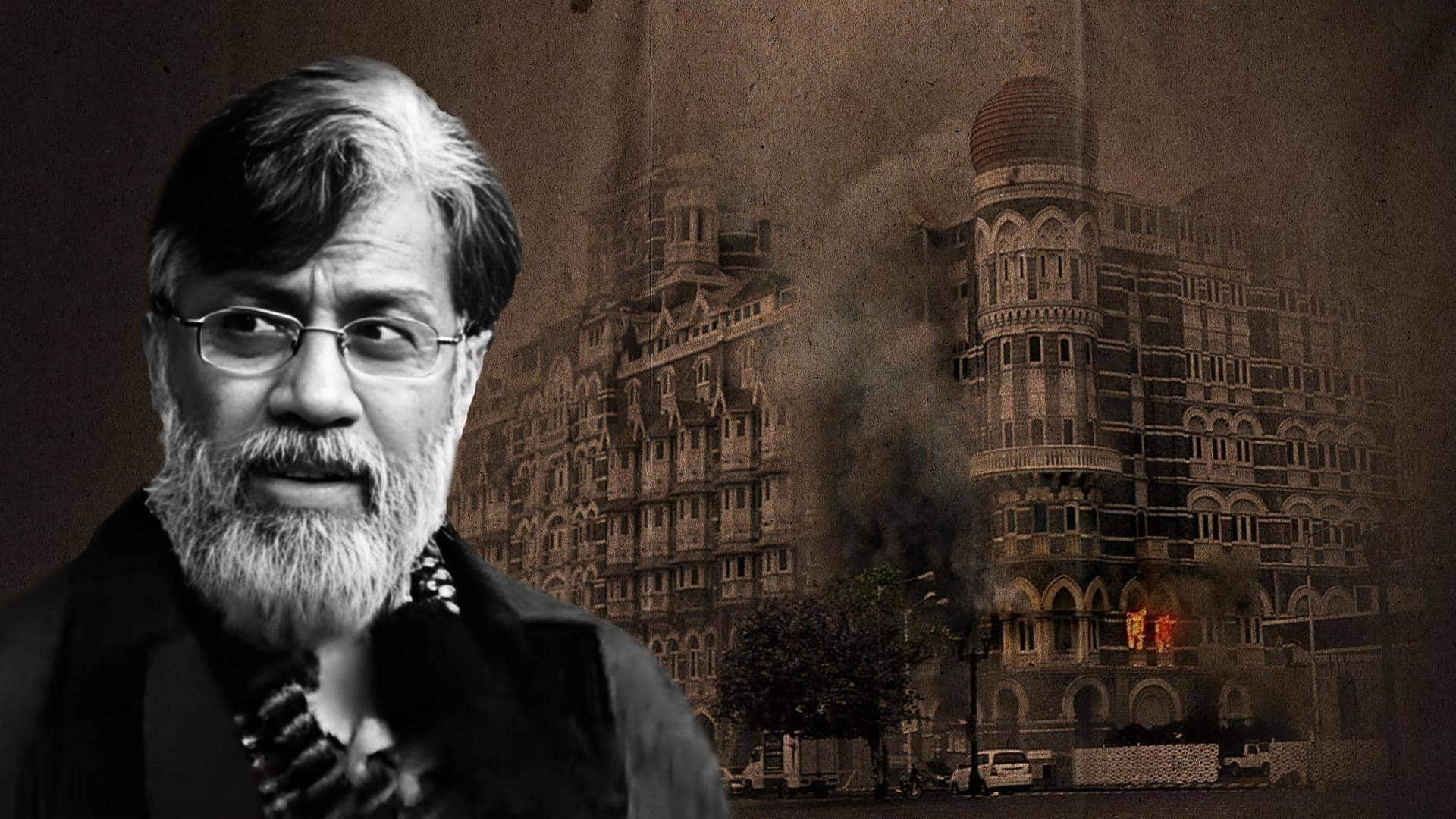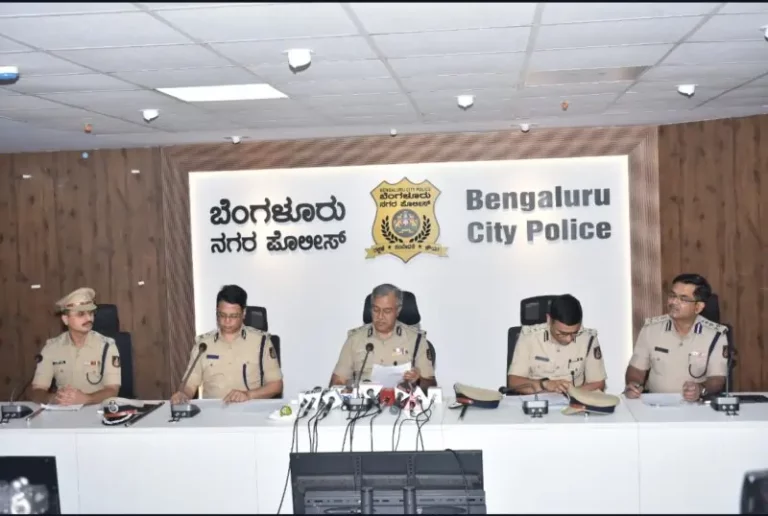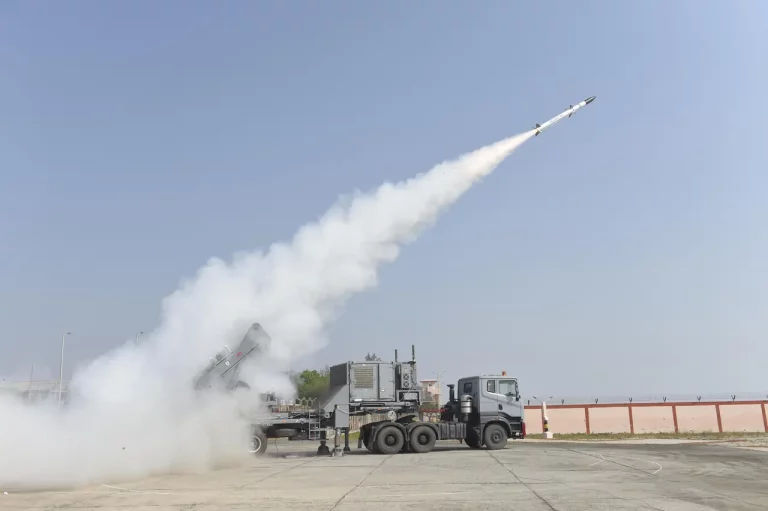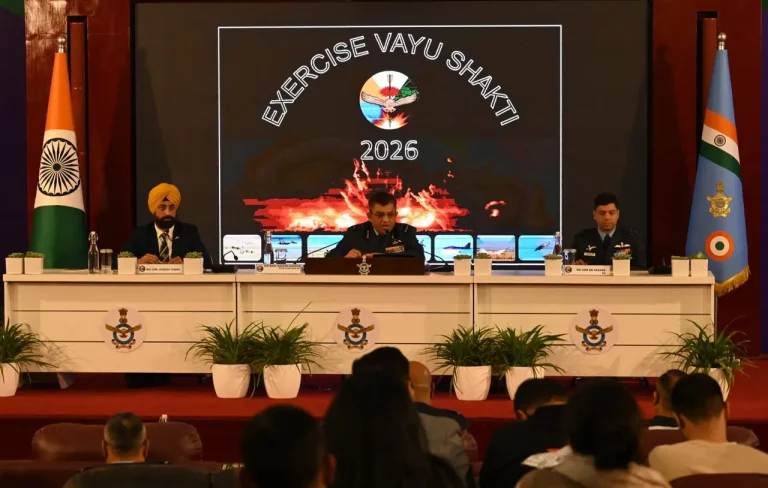In a major development regarding the investigation into the 26/11 Mumbai terror attacks, Tahawwur Hussain Rana has reportedly confessed to being in Mumbai during the 2008 attacks and acknowledged his significant role in the conspiracy. Sources reveal that during questioning by the Mumbai Crime Branch while in the custody of the National Investigation Agency (NIA), Rana claimed he was a trusted agent for the Pakistani Army and asserted that his presence in Mumbai was integral to the terrorists’ larger strategy.
Currently incarcerated in Tihar Jail in Delhi, Rana was extradited to India from the United States earlier this year. During his extensive interrogation, he recounted undergoing multiple training sessions with Lashkar-e-Taiba (LeT) alongside David Coleman Headley, another key figure in the conspiracy. Describing LeT as operating like a clandestine spy network, Rana’s disclosures have raised significant concerns regarding the depth of state-sponsored involvement in the attacks.
Rana purportedly revealed that the establishment of an immigration office in Mumbai under his company was his initiative, cleverly disguised as a legitimate business venture to facilitate financial transactions. He detailed conducting reconnaissance of potential targets, which included famous sites like Chhatrapati Shivaji Maharaj Terminus. Moreover, he alleged that the execution of the attacks was coordinated with Pakistan’s Inter-Services Intelligence (ISI).
According to sources, Rana also mentioned his past missions for the Pakistani military, including a previous deployment to Saudi Arabia during the Khaleej War, emphasizing the enduring trust the military had in him.
In light of these recent revelations, Mumbai Police are preparing to take Rana into custody for formal arrest. He faces an array of charges, including conspiracy, murder, terrorism, and forgery; his judicial custody was extended until early July.
The implications of Rana’s admissions could be pivotal in establishing links between state-sponsored entities in Pakistan and the 26/11 attacks, which resulted in the tragic loss of 166 lives over a harrowing 60-hour siege at several renowned sites in Mumbai, such as the Taj and Oberoi hotels, Chhatrapati Shivaji Maharaj Terminus, and Nariman House.





